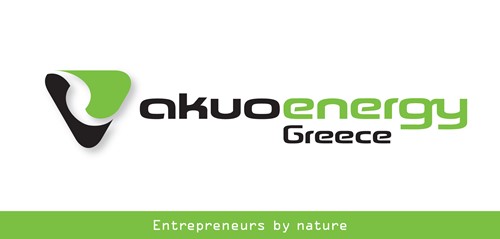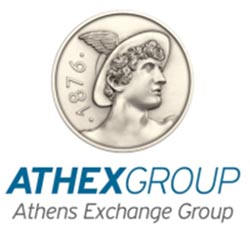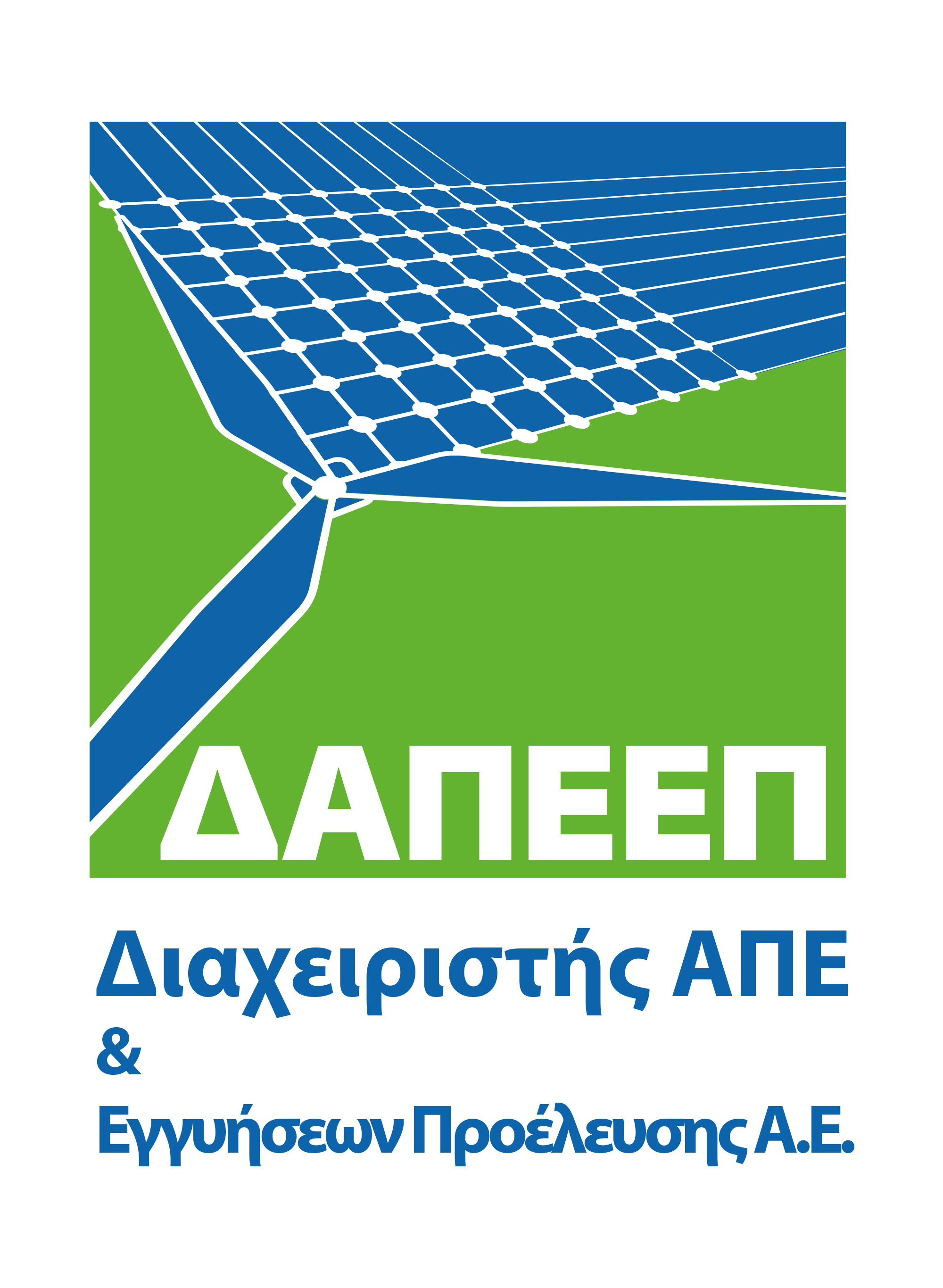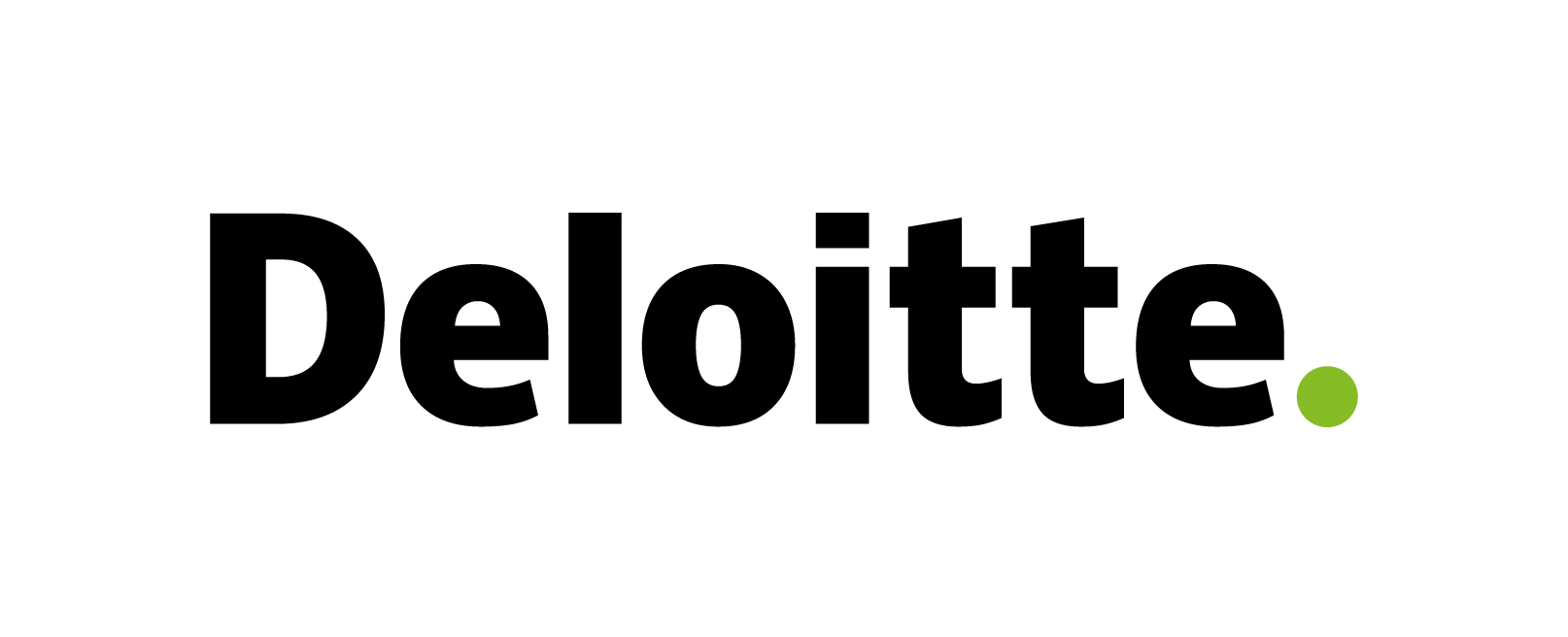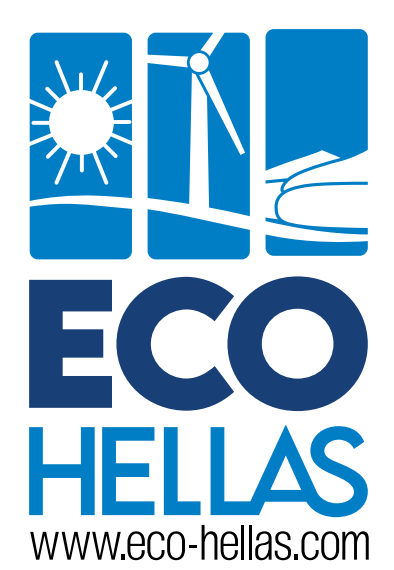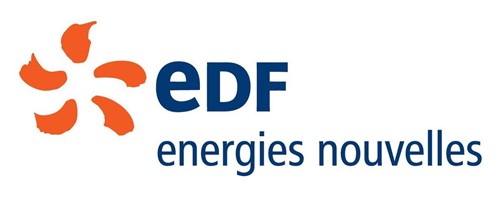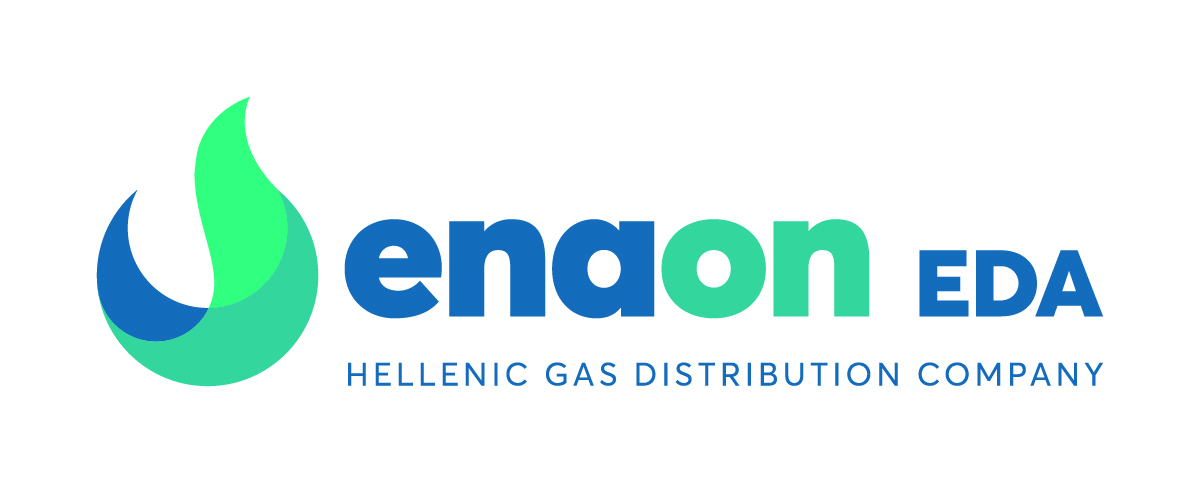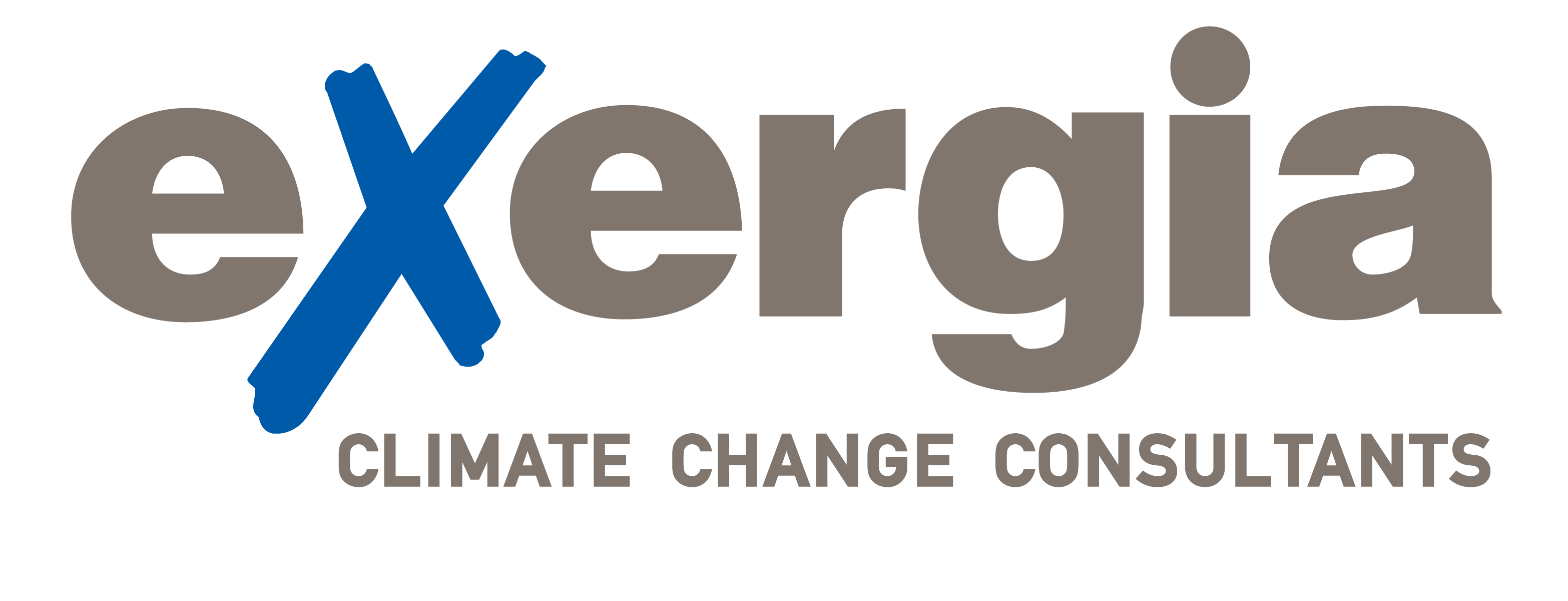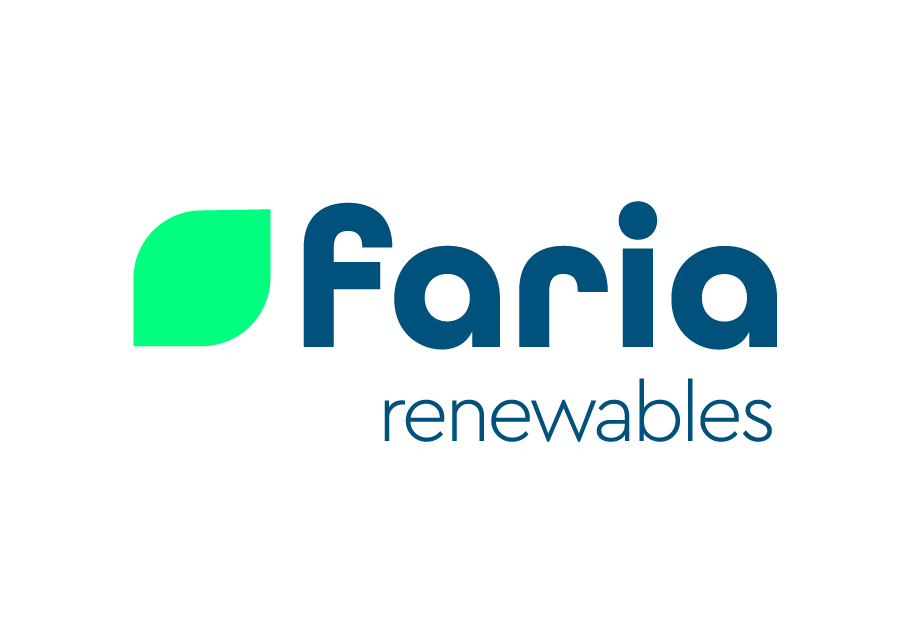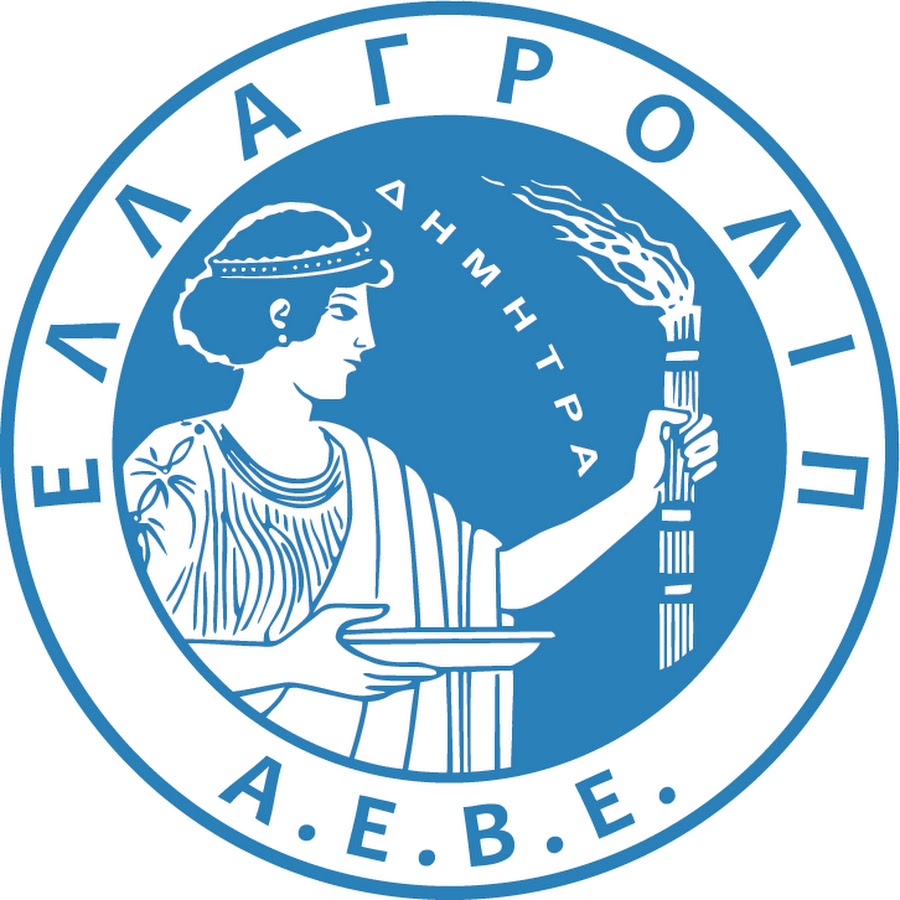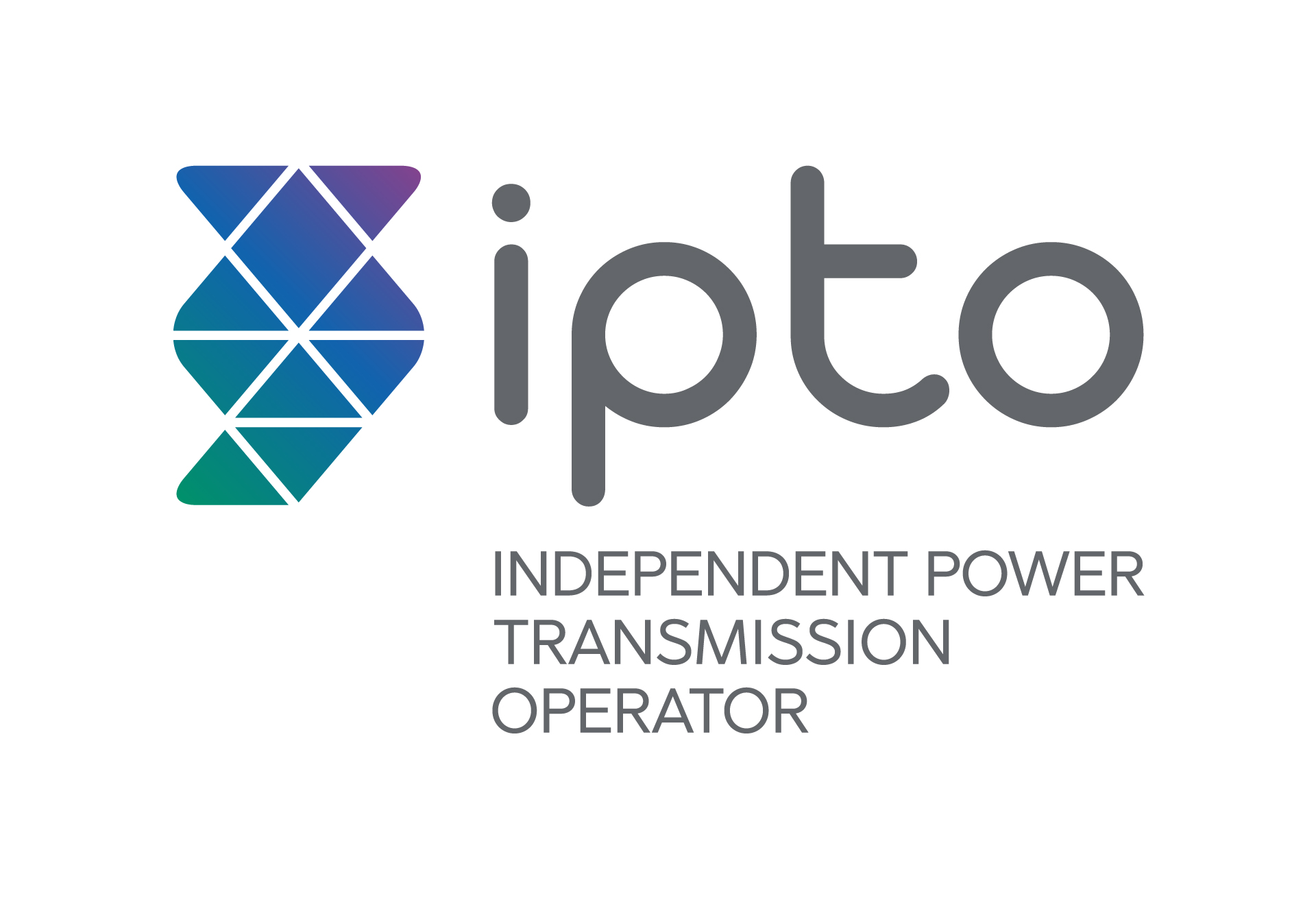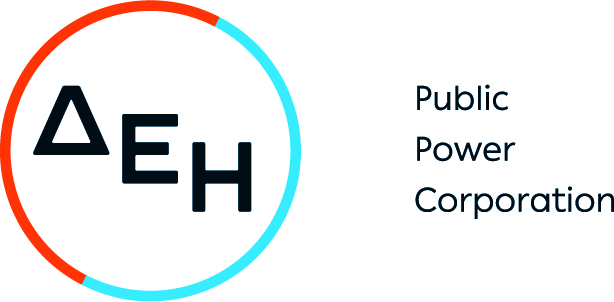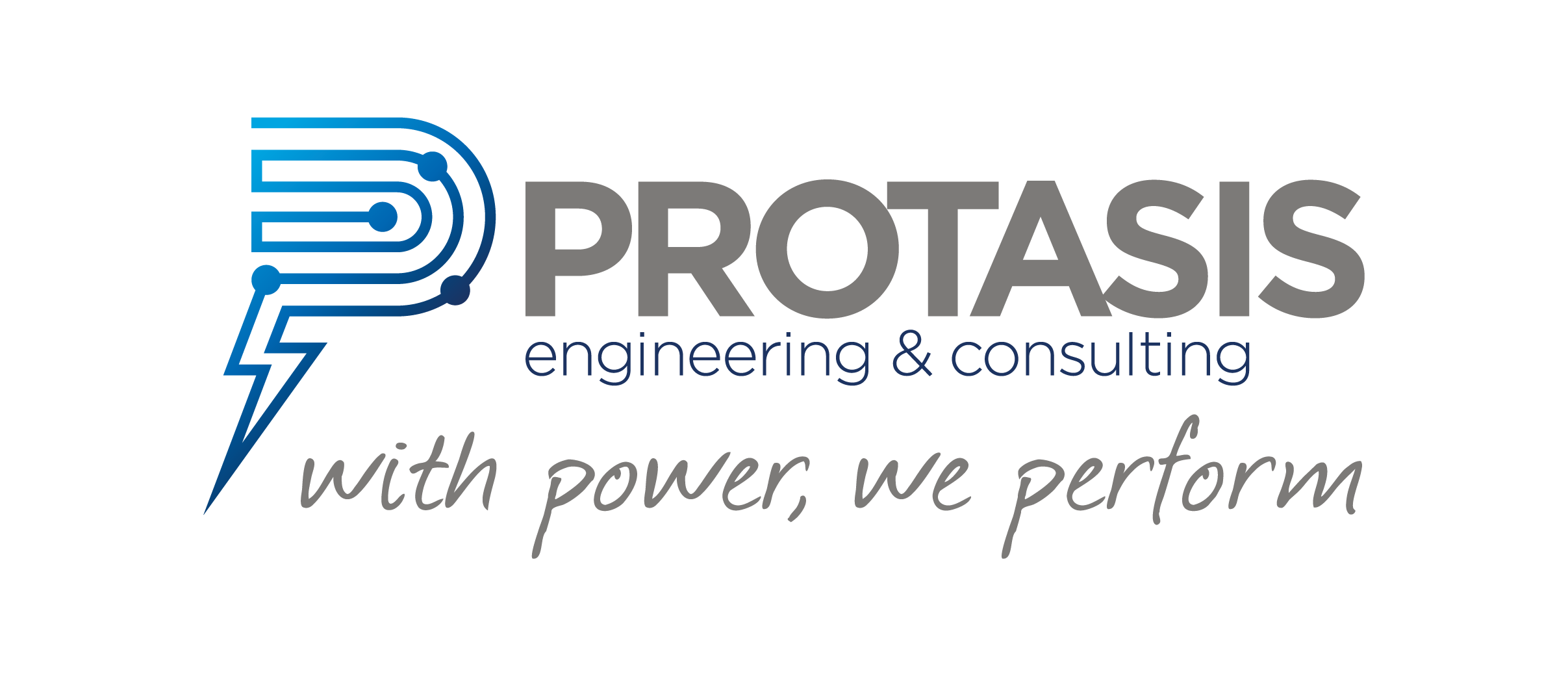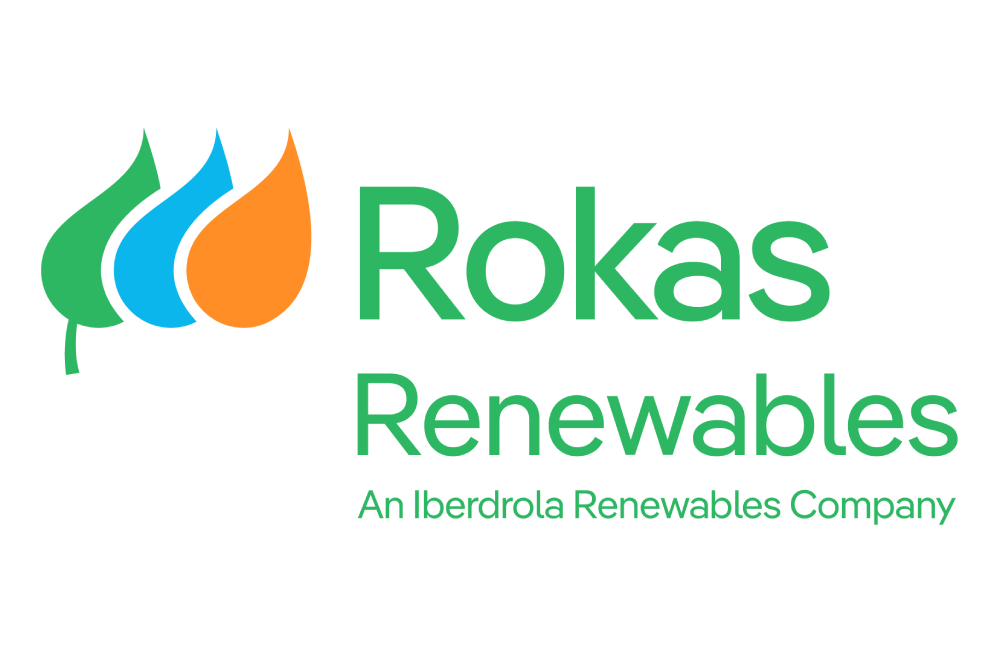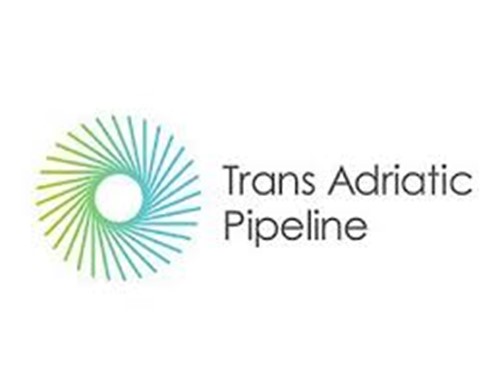News of the Energy Industry
Editorial: Europe towards a natural gas strategic reserve like in oil?
The rise of natural gas prices in Europe to levels over three times higher this year causes alarm, same as the low volumes in its gas storage facilities before winter.
The TTF gas contract currently trades for over 80 Euros, while storage is 74% full instead of 90-95% that is nominal for this time of the year. The issue is structural and the cause is the EU's exposure to international competition through LNG. In the recent past, European countries turned massively towards LNG versus pipeline gas and they also changed the pricing mechanism. The result is that the benefits from this move have now turned into problems for the short term.
Many managers and state officials ask Brussels to create a strategic natural gas reserve, based on the same reserve that exists for oil. When it comes to oil, the creation of a strategic reserve stems from the oil crisis of the 1970s and the need to have adequate supply for a 90-day period.
The question is what the European Commission will choose, while it has turned its back to natural gas investment and its funding with European capital.
Macquarie named preferred bidder for HEDNO's 49%
Greece’s biggest power utility Public Power Corporation (PPC) formally named Macquarie as the preferred bidder for a minority stake in its fully-owned power grid operator HEDNO.
PPC shareholders will take a final decision on the bid at a meeting scheduled for Oct. 19, PPC said.
PPC earlier this month said the offer by Spear WTE Investments Sarl, a member of the Macquarie Infrastructure and Real Assets Group, valued the 49% stake at 2.1 billion euros ($2.46 billion), including debt of 804 million euros, making it the highest among four groups which issued binding bids.
PPC, which is 51% owned by the state, has said it will use the sale proceeds to reduce debt and boost its footprint in renewables.
Improved performance for PPC in H1 2021
PPC posted a strong set of H1:21 results beating market consensus announcing also a capital increase of €750m. Updated business plan points to a €1.7bn of EBITDA and €0.7bn of net profits in 2026. In more details:
Results H1:21 review
- The beat in EBITDA and net profits is attributed to bad debt provisions reversal which mitigated energy costs. Surprise came from net debt dropping below the €3bn mark posting a historical low.
- H1:21 turnover decreased by €56.2m or 2.5% due to lower sales volume by 1,156 GWh or by 7.3% as a result of market share loss (5 percentage points) as domestic demand marked a slight increase by 0.4%.
- Operating expenses before depreciation decreased by €70.4 m (or by 3.9%) to €1,721,9m compared to €1,792.3m in H1:20, mainly as a result of lower expenses for energy purchases, the reversal of bad debt provisions, as well as of the continuing reduction in payroll cost despite the increased expenses for fuel.
- Liquid fuel expense remained practically stable at €225m in H1:21 compared to H1:20, despite the 5.9% increase in generation from liquid fuel which was offset by the lower prices mainly of heavy fuel oil in the respective periods.
- Natural gas expense significantly increased by 94.4% to €218.3m from €112.3m due to the increase of the corresponding electricity generation as well as the increase of natural gas price.
- Energy purchases expense from the System (mainland) and the Network (non interconnected islands) decreased by €172.7m due to lower energy purchases volume, despite the increase of the Market Clearing Price (MCP) from €41.4/MWh in H1:20 to €61.9/MWh in H1:21.
- Expenditure for CO2emission rights increased to €296.9 m in H1:21 from €171.2m in H1:20, primarily due to the increase of the CO2 emission rights average price from €23.3/tn to €38.9/tn and to a lesser extent due to the increase of CO2 quantities by 3.4%.
- Total payroll cost excluding the impact of one-off items decreased by€23 m. to €324.4 min H12021 from €347.4 min H12020. This reduction is mainly due to natural attrition (reduction by 1,456 employees, from14,646 at the end of H1 2020 to 13,190 at the end of H1 2021). Total payroll cost, including capitalized expense amounted to €350 min H12021 from €374.2 min H12020.
- In H1:21, a € 155,6m reversal of bad debt provisions was recorded compared to an increase of bad debt provisions of€ 44.2 m in H1 2020., due to actions taken for collection improvement
- EBITDA in H1 2021, as it was the case in H1 2020, were impacted by certain one-off items. Specifically:
- EBITDA was negatively impacted by the €34.7m expense for the retroactive charge for special allowances from the implementation of the Collective Labour Agreement for the period 2021-2024 and by the provision for personnel’s severance payment of €2.8m. Likewise, H1:20 EBITDA had been negatively impacted by the provision for personnel’s severance payment of €16.3m, and positively impacted by the Credit invoice of €44.8m from DEPA for gas procurement cost for previous years. Including the abovementioned one-off items, EBITDA for H1:21 amounted to €434m compared to €485.8m in H1:20.
- Capital expenditure amounted to €190.9 min H12021 compared to €160.6m in H1:20.
- Net debt stood at €2,895.3m on 30.6.2021, reduced by €388.3 m compared to 31.12.2020 (€3,283.6m). Within H1:21, sustainability linked bonds totaling € 775 m were issued, which affected total debt and cash reserves, respectively. Leverage stands at 3.2x EBITDA.
- Management confirmed guidance for €0.9bn EBITDA in 2021.
Successful Implementation of Complementary Regional Intraday Auctions (CRIDAs) Greece-Italy-Slovenia
On the 22nd of September 2021, three Complementary Regional Intraday Auctions (CRIDAs) were performed successfully at Greece-Italy interconnection thus completing a new milestone, after the day-ahead coupling that was achieved on the same border on the 15th of December 2020 and the day-ahead coupling at Greece-Bulgaria interconnection on the 11th of May 2021.
This achievement is the result of cooperation between the System Operators of Greece (IPTO), Italy (TERNA) and Slovenia (ELES), as well as the Market Operators (HEnEx, GME and BSP) respectively. CRIDAs represent a further step towards the achievement of the single pan-European Intraday electricity market, and they are executed according to European Regulation CACM (Capacity Allocation & Congestion Management).
These auctions, which will be conducted on a daily basis, are expected to enhance the liquidity of the intraday market and provide additional position correction tools to participants in the Greek electricity market.
The next milestone is the integration of Greek borders (GR-IT and GR-BG) to the Cross-Border Intraday.
PM presents Energy Transition Fund as price-surge protection
The new Energy Transition Fund, announced by Prime Minister Kyriakos Mitsotakis at the 85th Thessaloniki International Fair, will offer electricity subsidies to households and small and medium-sized enterprises, heating fuel subsidies, and a range of other initiatives intended to help combat energy poverty.
The new fund, to be established as a permanent tool, will be launched with an initial amount of 150 million euros expected to remain as a surplus from CO2 emission right auction revenues that have overperformed this year as a result of higher CO2 emission right prices in international markets.
The 150-million-euro amount to be reserved for the new Energy Transition Fund will not deprive other domains of customary support.
Five hydrogen project proposals make cut for IPCEI contention
Five Greek hydrogen production project proposals have been included in a first-round list submitted by the government to the European Commission for inclusion in its Important Projects of Common European Interest (IPCEI) category, reserved for projects promising important contribution to economic growth, jobs and competitiveness.
The five Greek project proposals, approved by energy minister Kostas Skrekas and development minister Adonis Georgiadis, were selected from 23 proposals submitted by companies for contention following an announcement by the two ministries last April.
The short list of proposals is planned to be assessed by the European Commission in November for a place on the IPCEI list, ensuring EU support funds.
The list features the 8 billion-euro White Dragon project – involving the country’s biggest energy groups with gas company DEPA Commercial as head coordinator – for a hydrogen producing facility in northern Greece’s lignite-dependent west Macedonia region; the White Dragon-linked Green HiPo project of Advent Technologies; the H2CEM hydrogen project by cement producer TITAN; the BLUE MED project, for eco-friendly blue hydrogen production, by Motor Oil and gas grid operator DESFA; as well as the H2CAT hydrogen storage and transportation project by B&T Composites.
The 5th Southeast Europe Energy Forum was organized in Thessaloniki
On Friday the 17th of September 2021, the 5th Southeast Europe Energy Forum was held for the fifth consecutive year, at the MET Hotel in Thessaloniki, by the Hellenic-American Chamber of Commerce and the Hellenic Association for Energy Economics in collaboration with the US Embassy in Greece and the strategic partnership of the Atlantic Council and the US Chamber of Commerce.
The role of Greece and the investment opportunities in the energy sector was the main topic of the discussion, while at the same time, innovative plans and smart services for further utilization and exploitation of green energy were presented. The Forum focused on new partnerships and the development of green innovation, on advances in energy-related materials and processes, smart energy management tools, and on the infrastructure needed to adapt to climate change and conserve the ecosystems.
The strong collaborations of the Hellenic-American Chamber of Commerce with the US institutional and business ecosystem, in combination with the presence of leading figures of the political, business and academic community from Greece and Europe, set the basis for a fruitful dialogue, and mapped out the next steps. The US ambassadors to Greece, Bulgaria, Albania, northern Macedonia and Serbia stressed the importance of the energy sector in the wider region of SE Mediterranean. The Ambassadors highlighted the investment perspective for the next day and presented the main pillars of their energy strategy in the region.
You can watch the forum discussions here.
The 6th HAEE Energy Transition Symposium was successfully organized
The 6th Energy Transition Symposium entitled “Looking Ahead with Optimism, Beyond the Covid Era”, was held from Tuesday, 28 September to Friday, 1 October 2021, at Theoxenia Palace Hotel, in Kifissia, Athens. For yet another year, the annual Symposium of the Hellenic Association for Energy Economics served as an open-dialogue platform, and brought together a roster of exceptional business leaders, top executives and seasoned public officials, and academia, who contributed the maximum to debates and exchange of views on crucial energy and economic matters that shape our world.
Considering the extraordinary circumstances of 2021, the 6th Symposium focused on the turbulences caused by the Covid-19 pandemic and its prints on the global energy system. Despite the sharp decrease in global emissions last year, due to the recession of economic activities, enormous efforts are still required to reach the ambitious target of a net zero carbon economy. Governments need to take decisive actions and implement structural measures to accelerate the clean energy transition and pave the way towards a sustainable recovery. On top of that, renewable energy solutions can play a key role, providing a fast response to the pandemic and building more resilient energy systems.
Through 30 sessions with topics covering the entire energy sector and over 130 speakers, the Symposium maintained its international, specialized, academic, and educational character, providing participants with substantial knowledge.
For more information about the speakers, the agenda and the on-demand sessions of the 4-day conference, you may visit the HAEE’s website.



